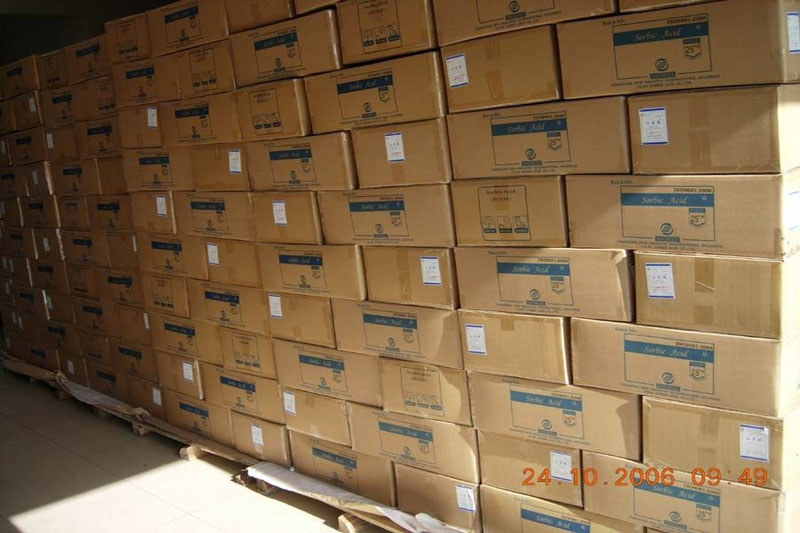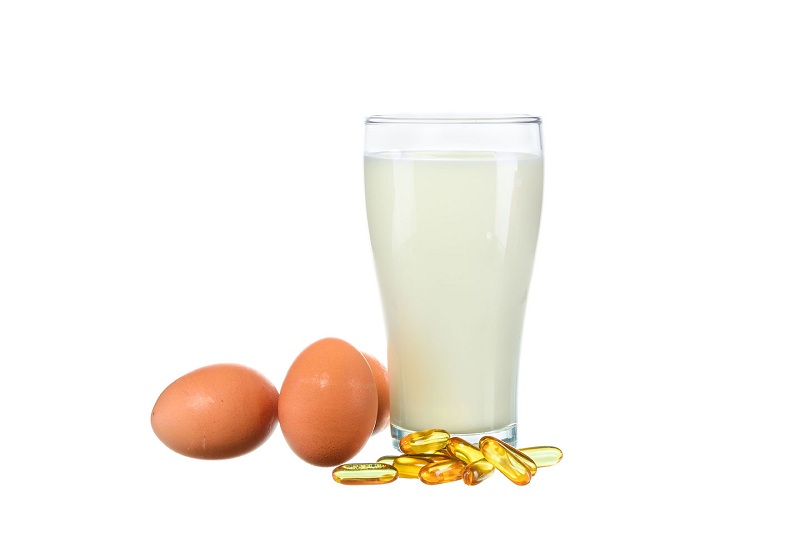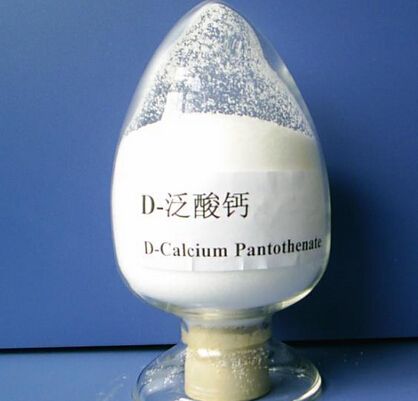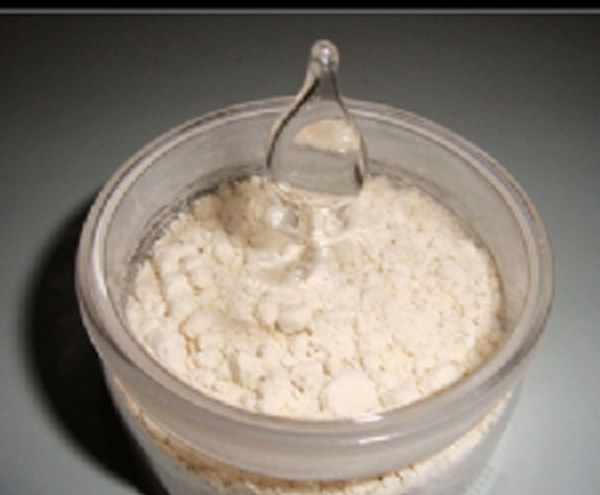Does anyone know if Sorbic Acid E200 is gluten free? 
Yes, Sorbic Acid E200 is gluten free and widely used in gluten free food used as a food preservative use as a preservative in cheeses, jellies, various beverages, syrups, and pickles. Sorbic Acid E200 is a carboxylic acid in white crystalline powder form. It is certified Kosher. It functions primarily as a mold inhibitor and fungicide.
Why is Sorbic Acid E200 gluten free?
Gluten is a type of elastic grain protein that helps wheat, rye and barley hold their shape. Because of its glue-like properties, gluten is often added to other food products—pasta, sauces, crackers, baked goods—to thicken or bind those products together. Raw materials used in manufacturing of Sorbic Acid are crotonaldehyde and ketene; So The manufacturing process of Sorbic Acid E200 is gluten free. So, Sorbic Acid is gluten free.
What foods contain Sorbic Acid E200?
Sorbic Acid is a white free-flowing powder with a molecular formula of C6H8O2. It is certified FCC VII and Kosher. It functions as a yeast- and mold-inhibiting preservative. It breaks down at high temperatures and is not recommended for pasteurized foods. Sorbic Acid E200 is commonly used in cheese, jellies, beverages, syrup, and pickles.
Why should you go Gluten free, Gluten free foods are good or not?
People with celiac disease or Gluten intolerance or sensitivity should intake gluen free foods. Nowadays more and more groceries and health food stores stock gluten-free products. That’s good for people with celiac disease, who for health reasons should not eat wheat with gluten. The market for gluten-free products is exploding. Many people may just perceive that a gluten-free diet is healthier.
Is it necessary for all people to eat gluten foods? In fact, it isn’t. For people with celiac disease, a gluten-free diet is essential. But for others, unless people are very careful, a gluten-free diet can lack vitamins, minerals, and fiber.
How to avoid Gluten ingredients?
Someone is strict adherence to a gluten-free diet for life. It requires knowledgeable nutritional counseling and frequent updates as commercial food contents change. must be alert to hidden sources of gluten such as HVP/HPP (hydrolyzed vegetable/plant protein). Today’s processed and packaged foods have many hidden sources of gluten, which can be unintentionally ingested. To be safe, a person should read ingredients on labels every time they purchase food as manufacturers frequently change ingredients.




